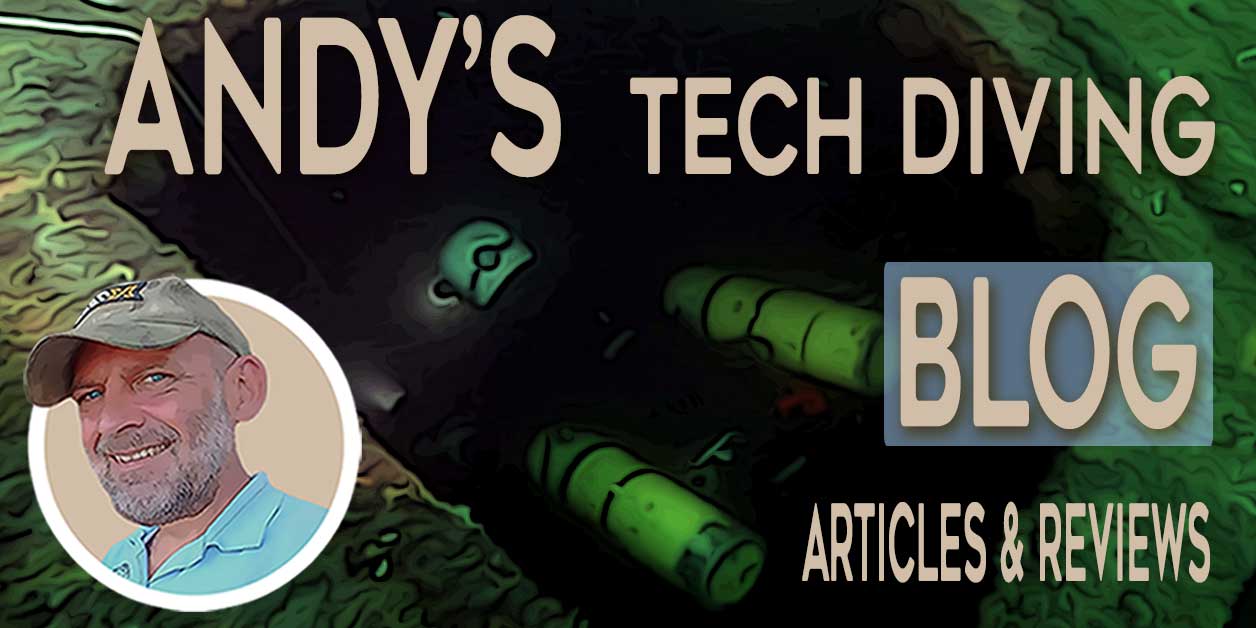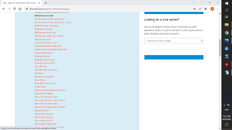ScubaBadger32
Contributor
G'day all!
I'm only about 45 dives in, and completed my PADI AOW last year. For one of the modules I did the Peak Performance buoyancy....but honesty, I got very little out of this. The trainer wasn't....great......and the entire AOW course was really rushed as they didn't manage dive times and falling light well (eg we butchered the navigation....well, I insist my buddy butchered it......but they still okayed it). It was a quick look at the breath-hold buoyancy check at the start of the dive, a very quick look at my trim, then good to go. I think we might have had to do a brief hover, but I'm pretty sure you're supposed to do a few positions that we didn't do.
Anyway, buoyancy and control are still something I feel quite weak in. Maybe I'm my own harshest critic, but I'm not comfortable with it. And even diving last year, still ended up with, say, struggling to hover the one position when surrounding something interesting, just things like that. I've also had trouble controlling myself in current (probably why you don't do Komodo National Park with only 20 dives under your belt....haha)
So, I'm wondering - would doing a separate buoyancy performance course (either PADI or SSI) be of any benefit? Has anybody done these? I'm just wondering if there's any benefit above and beyond what I would likely have covered already?
I say, “don’t train until you get it right, train until you can’t get it wrong”.
If you aren’t comfortable with this skill. Practice, practice, practice. Think you need a class on it? Take PPB, then keep practicing. No one ever got upset from training to become perfect.






